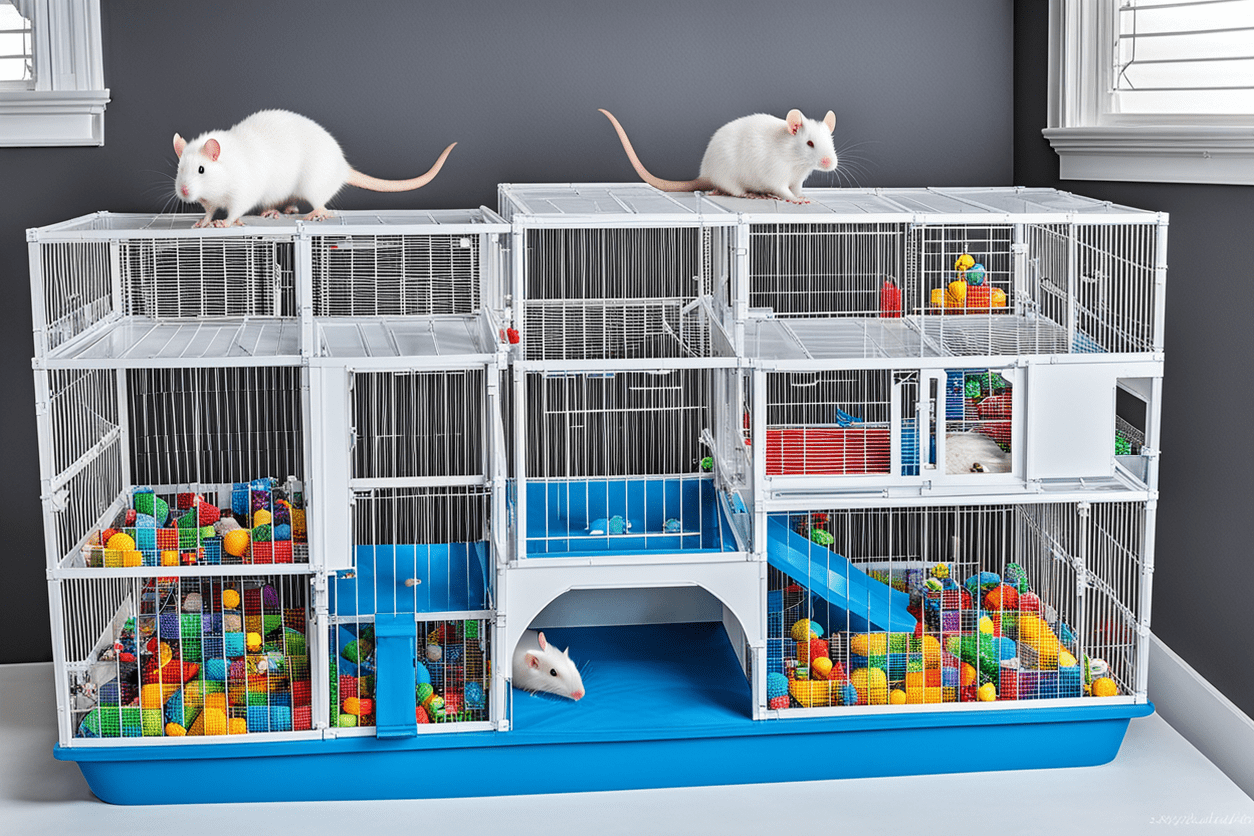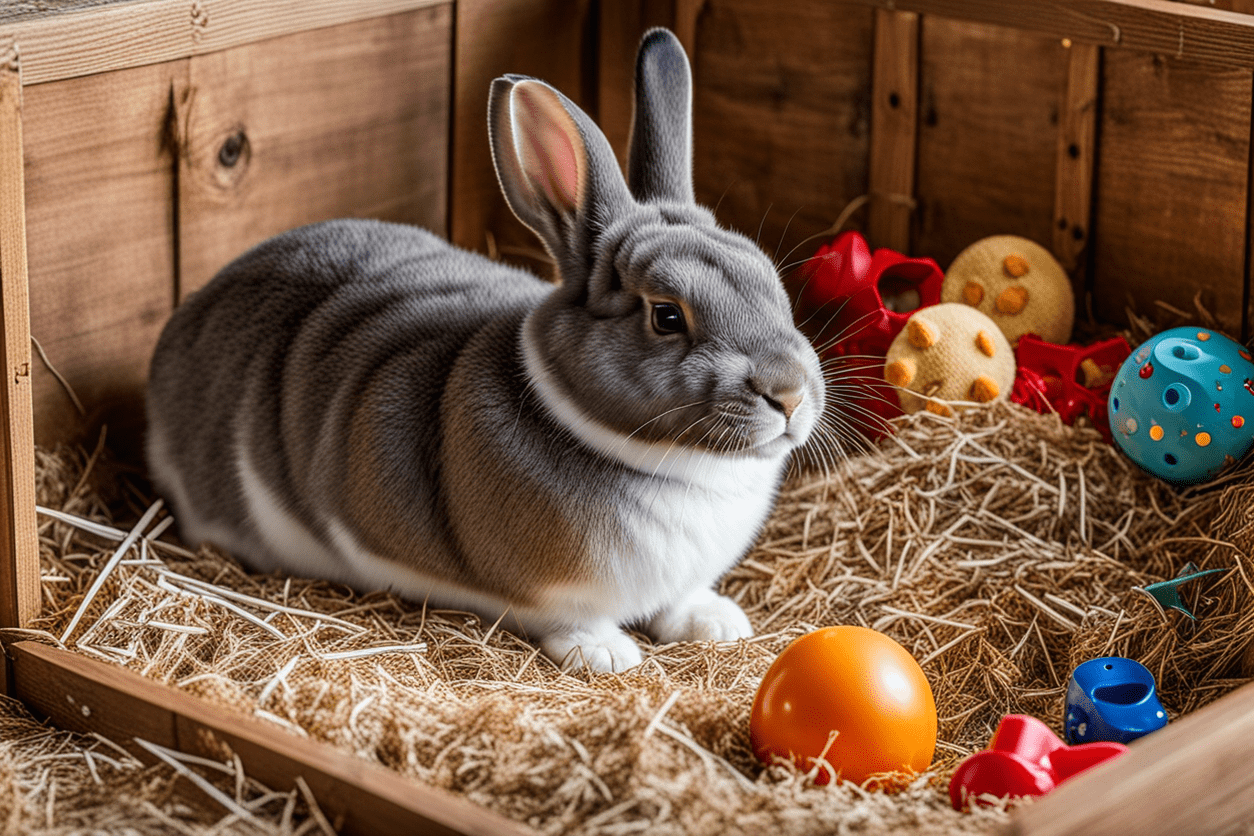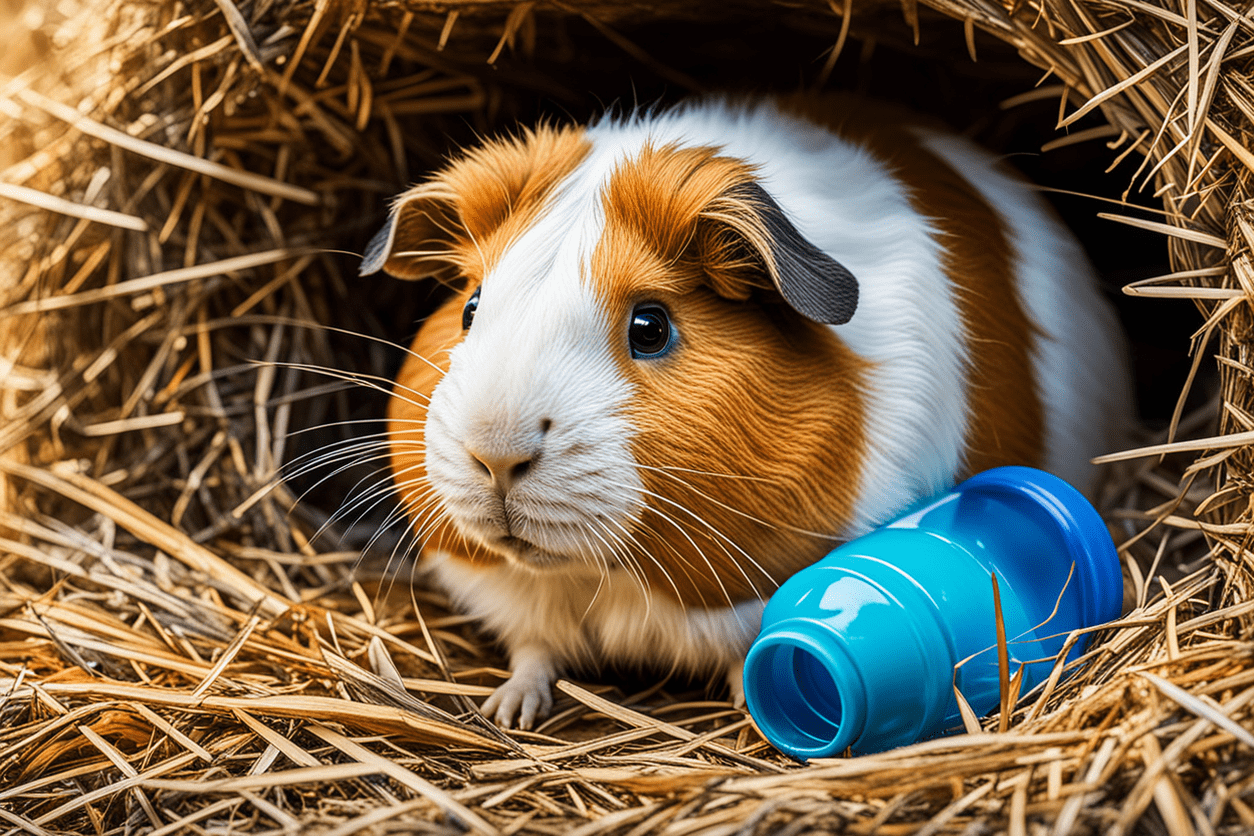How to Choose the Right Pet Insurance

Introduction
Choosing the right pet insurance for your furry companion can make a substantial difference in their health and well-being. Whether you have a playful pup or a curious cat, pet insurance ensures that your pet receives top-notch medical care whenever necessary. As veterinary costs continue to rise, having a reliable insurance plan can prevent financial strain and enable you to focus on providing the best care for your pet. This comprehensive guide will walk you through the crucial aspects to consider when selecting pet insurance, ultimately helping you make an informed decision.
Understanding Pet Insurance
What is Pet Insurance?
Pet insurance is a policy purchased by pet owners to offset the costs of veterinary care. Much like health insurance for humans, this policy typically covers medical expenses arising from accidents, illnesses, and sometimes routine care. The main goal of pet insurance is to minimize the financial burden associated with veterinary treatments, ensuring that pets receive the care they need without significant costs to their owners.
Types of Pet Insurance Policies
Pet insurance policies can vary significantly in what they cover and how they operate. It is important to understand the different types available:
- Accident-Only Policies: These policies cover injuries resulting from accidents, such as fractures or ingestion of foreign objects. They are often less expensive but provide limited coverage.
- Accident and Illness Policies: These are more comprehensive and cover both accidents and illnesses, including chronic conditions like arthritis or diabetes.
- Comprehensive Policies: These include accident and illness coverage and might also cover routine and preventive care like vaccinations, dental cleanings, and annual check-ups.
- Lifetime Policies: A more expensive option, lifetime policies cover chronic conditions for the duration of the pet's life, provided the policy is renewed each year without interruption.
How Does Pet Insurance Work?
When a pet requires veterinary care, the owner pays the vet upfront and submits a claim to the insurance provider, who reimburses a percentage of the cost. The reimbursement process usually involves paying a deductible, which is the amount paid out of pocket before the insurance starts to cover the costs.
Evaluating Your Pet's Needs
Age and Breed
The age and breed of your pet can significantly influence the type of insurance you might need. Younger pets usually have fewer health issues, so policies might be less expensive. However, older pets might require more comprehensive coverage. Additionally, certain breeds are predisposed to specific health conditions. For example, larger German Shepherds are prone to hip dysplasia, while Persian cats can have respiratory issues.
Health History
Understanding your pet's health history will also guide your decision. If your pet has pre-existing conditions, you will need to find a policy that either covers these conditions or provides enough coverage for new issues that may arise.
Lifestyle and Habits
Consider your pet's lifestyle and habits. Active dogs that spend a lot of time outdoors might be more prone to accidents and injuries, thus requiring a more comprehensive policy. Indoor cats might need less coverage but still benefit from an accident and illness policy.
Comparing Providers and Plans
Coverage Options
Examine what each insurance provider covers. Key factors to consider include:
- Injury and Illness Coverage: Ensure the policy covers a broad range of injuries and illnesses.
- Hereditary and Congenital Conditions: Some breeds are prone to specific genetic conditions, so check if these are covered.
- Prescription Medications: Veterinary medications can be expensive, and good coverage should include them.
- Alternative Therapies: Treatments like acupuncture or physical therapy are becoming more common in veterinary care.
Exclusions and Limitations
Every policy has exclusions and limitations. Common exclusions include pre-existing conditions, breeding-related issues, and certain elective procedures. Make sure to read the fine print to understand what isn't covered.
Reimbursement Levels and Deductibles
Pet insurance policies typically offer different levels of reimbursement, usually ranging from 70% to 90% after the deductible. Lower deductibles mean higher premiums but less out-of-pocket expenses during a claim. Conversely, higher deductibles result in lower premiums but higher out-of-pocket costs.
Customer Service and Reputation
Research the reputation of the insurance provider. Look for reviews and testimonials from other pet owners. Excellent customer service is crucial, as it will impact your experience when filing a claim or seeking support.
Cost vs. Benefit Analysis
Premium Costs
Evaluate the premium costs relative to your budget and anticipated veterinary expenses. While cheaper premiums might be attractive, they could also mean limited coverage.
Potential Savings
Consider potential savings in the long run. A higher premium with comprehensive coverage could save you more money if your pet requires extensive medical care.
Additional Tips for Choosing Pet Insurance
Enroll Early
Enrolling your pet while they are young and healthy can save you money and ensure comprehensive coverage. Many insurers offer lower premiums for younger pets and are more likely to cover a range of conditions before they develop.
Read the Policy Details Carefully
Always read the policy details carefully. Understand the terms, conditions, coverage limits, and waiting periods. This will help you avoid any surprises when you make a claim.
Ask for Recommendations
Consult your veterinarian and other pet owners for recommendations. They can provide valuable insights based on their experiences.
Conclusion
Choosing the right pet insurance requires careful consideration of your pet's health needs, lifestyle, and potential medical expenses. Understanding different types of policies and providers, assessing coverage options and limitations, and conducting a cost-benefit analysis are crucial steps in making an informed decision. With a comprehensive insurance plan, you can ensure your beloved pet receives the best possible care without placing a significant financial burden on yourself. Investing in the right pet insurance is an investment in your pet's health and well-being, giving you peace of mind and allowing your furry friend to live a happy, healthy life.






